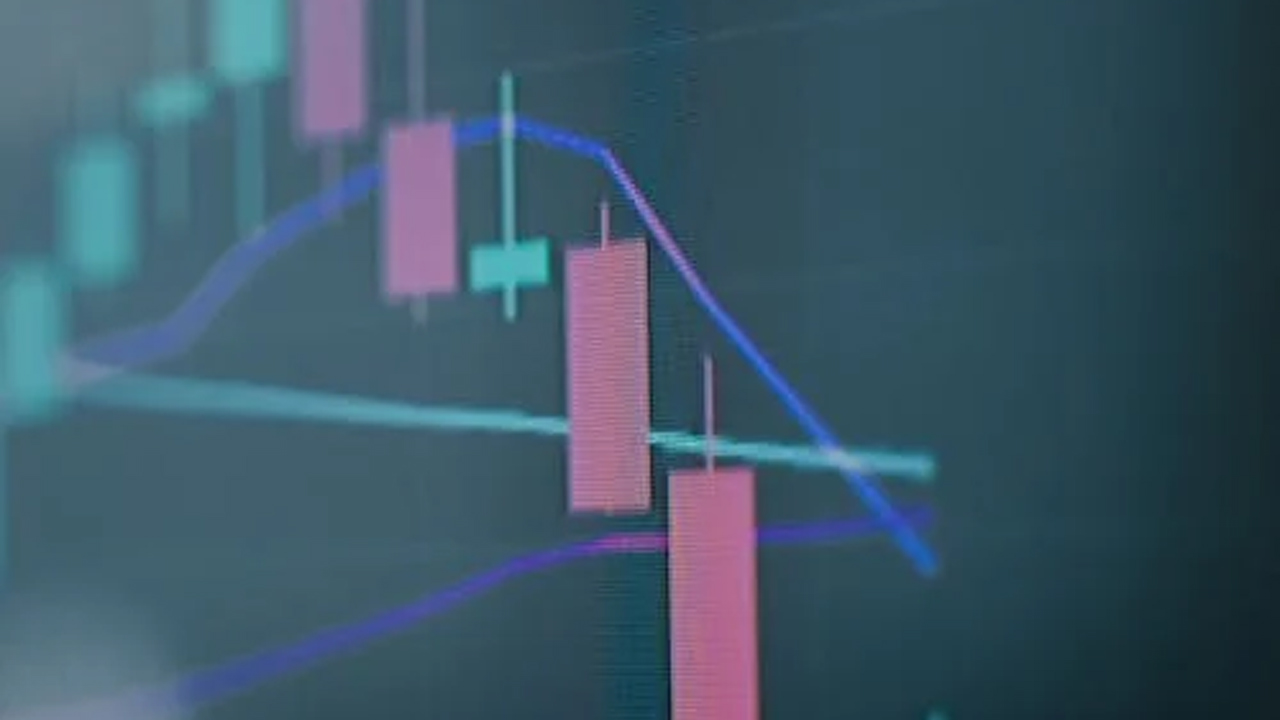EMERGING MARKETS-Asian stocks slide as earthquake rocks Taiwan; Turkish inflation rises
"The sell-off that's due to the earthquake is probably going to remain short-term." Stocks in China also fell even as a private-sector survey showed China's services activity growth accelerated in March.

Asian stocks led emerging markets lower on Wednesday as Taiwan's biggest earthquake in at least 25 years sparked concerns about possible disruptions to the chip-making industry.
Taiwan accounts for nearly 90% of production for chipmaker TSMC and while its plants are mostly on the opposite coast from the epicentre, they are full of fragile equipment that's crucial to turning out chips for global firms. TSMC slid 1.3% by close, while Taiwan's benchmark index was down 0.6%.
"When you have a natural disaster like this, the market's first reaction is generally negative," Ipek Ozkardeskaya, a senior market analyst at Swissquote Bank said. "The sell-off that's due to the earthquake is probably going to remain short-term."
Stocks in China also fell even as a private-sector survey showed China's services activity growth accelerated in March. This followed the better-than-expected manufacturing surveys, adding to signs that parts of the world's second-largest economy are gaining momentum. The blue-chip CSI300 index and Shanghai Composite index eased 0.4% and 0.2%, respectively, while the Hang Seng Index fell 1.2%.
The MSCI's Asia ex-Japan stock index shed 0.9%, compared to the 0.6% slide in the broader emerging markets stock index. Concerns around slower rate cuts in the U.S. ahead of an appearance from Federal Reserve Chair Jerome Powell and key labor market data this week also weighed on emerging markets.
The EM currencies index was little changed. The Turkish lira ticked lower against the dollar after data showed annual consumer price inflation climbed to 68.5% in March, below expectations, amid strong rises in restaurant, education and health sector prices.
"The Central Bank of Turkey will continue to do what it's started to do, so that means tighten their monetary policy in order to temper rising inflation in Turkey and also in order to stop the bleeding in the Turkish lira," Swissquote Bank's Ozkardeskaya said. The Russian rouble was mostly unchanged against the greenback, while South Africa's rand fell 0.3%.
The International Monetary Fund concluded its visit to Ethiopia to discuss a request for IMF support on Tuesday without reaching an agreement, leaving the East African nation short of a commitment it made with its official international creditors. Strong demand helped drive non-oil business activity in Saudi Arabia in March, with output accelerating to a six-month high.
HIGHLIGHTS: ** China's services activity growth speeds up in March, Caixin PMI shows
** Turkish annual inflation edged up to 68.5% in March ** Taiwan's strongest earthquake in 25 years kills seven, traps 77
(This story has not been edited by Devdiscourse staff and is auto-generated from a syndicated feed.)
ALSO READ
Tensions Rise as U.S. Continues Venezuela Oil Campaign
Judge Orders Prosecutor Halligan to Cease Claiming U.S. Attorney Title
U.S. Military Seizes Venezuela-Linked Tanker in Latest Oil Crackdown
Syria Declares Ceasefire and Integration Offer to Kurdish Forces Amid U.S. Policy Shift
U.S. Approves $2.3 Billion Arms Deal with Singapore










